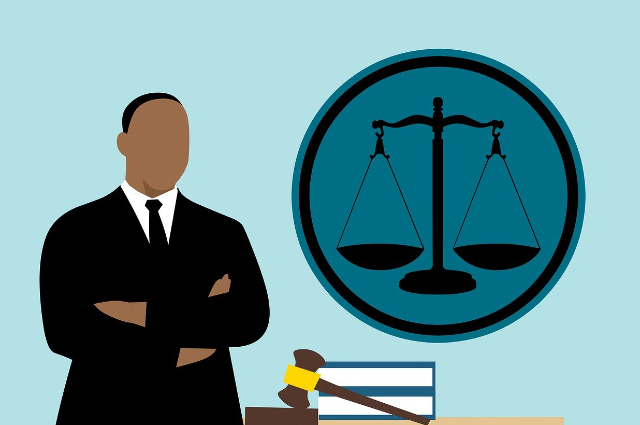
Image by Mohamed Hassan from Pixabay
INTRODUCTION
The portrayal of lawyers in popular culture often skews toward the image of cunning manipulators who twist the truth to win their cases. This stereotype, however, does not accurately reflect the rigorous ethical standards that govern the legal profession. In reality, lawyers are bound by codes of conduct that emphasize honesty, integrity, and a commitment to justice. The concept that "lawyers never lie" is not just an aspirational goal; it is a foundational principle of legal practice. This article delves into the reasons why truthfulness is vital in the legal field and how ethical frameworks ensure that lawyers adhere to this standard.
THE ETHICAL FRAMEWORK
Lawyers are held to a high standard of ethical conduct, mandated by professional bodies that oversee the legal profession. In many jurisdictions, these standards explicitly prohibit dishonesty, deceit, or misrepresentation. For example, the American Bar Association (ABA) Model Rules of Professional Conduct specify that "a lawyer shall not make a false statement of material fact or law to a tribunal" (Rule 3.3) and must not engage in "conduct involving dishonesty, fraud, deceit, or misrepresentation" (Rule 8.4). Comparable rules are enforced by other regulatory bodies, such as the Solicitors Regulation Authority in the UK and the Bar Council of India.
These ethical guidelines serve multiple essential functions:
1. Maintaining the Integrity of the Legal System:
The credibility of the legal system hinges on the honesty of its practitioners. If lawyers were to lie, it would erode public trust and compromise the system's integrity.
2. Protecting Clients:
Lawyers have a duty to act in their client's best interests, which includes providing truthful and accurate legal advice. Misleading clients can result in significant harm, including legal penalties and financial losses.
3. Upholding Justice:
The legal profession is intrinsically linked to the pursuit of justice. Lawyers are required to present facts and the law accurately to ensure that justice is served.
THE ROLE OF ADVOCACY
It is crucial to distinguish between effective advocacy and dishonesty. Lawyers act as advocates for their clients, which involves presenting the strongest possible case within the legal framework. This advocacy can include interpreting facts and legal precedents in a way that benefits their client. However, this does not involve lying. Lawyers must still present factual evidence and sound legal arguments. Engaging in falsehoods, fabricating evidence, or deliberately misleading the court constitutes a severe breach of ethical obligations.
CONSEQUENCE OF DISHONESTY
The consequences of dishonesty in the legal profession are significant. Lawyers found guilty of lying can face disciplinary actions, including suspension or disbarment, monetary penalties, and, in some cases, criminal charges for offenses like perjury or fraud. These repercussions underscore the necessity of maintaining honesty and integrity in legal practice. Furthermore, a lawyer's reputation is critical to their professional success; being known for dishonesty can result in losing clients and career opportunities.
CHALLENGES AND ETHICAL DILEMMAS
Despite clear ethical standards, lawyers often encounter challenging situations that test their commitment to honesty. For instance, they may deal with clients who want to hide or distort the truth. Lawyers must navigate these situations carefully, ensuring they do not become complicit in unethical actions. The duty of confidentiality, another core ethical obligation, adds complexity, requiring lawyers to balance their duty to the client with their duty to the court and the legal system.
CONCLUSION
The statement that "lawyers never lie" encapsulates the ethical bedrock of the legal profession. Honesty and integrity are not merely moral values but are essential professional responsibilities that lawyers must uphold to maintain the justice system's trust and functionality. While lawyers are adept advocates, their role is to present the truth within the boundaries of the law. The ethical guidelines and disciplinary systems in place ensure that lawyers who violate these principles face serious consequences, thus protecting the integrity of the legal profession and the broader judicial system.
